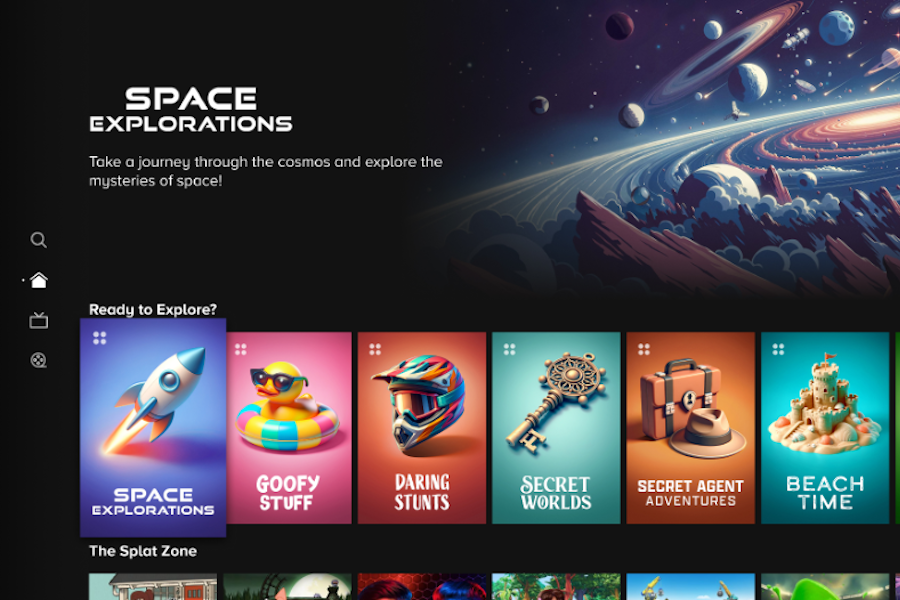Image created by www.paramount.com
Paramount, AI, and the Future of Media: A Brave New Studio
By fidiwest
AI is not replacing creativity; it is scaffolding it, giving the studio room to breathe, experiment, and push boundaries without being shackled to old, inefficient processes.The potential of AI hints at a media landscape that is more agile, more imaginative, and infinitely more daring.
Paramount Global is in the midst of a storm, cutting 2,000 to 3,000 jobs as the company hunts for efficiencies after merging with Skydance Media. The layoffs, brutal in their scale, could read like a grim footnote in Hollywood history, but there’s another story lurking beneath the headlines. A story of silicon, code, and relentless ambition.
While Paramount grapples with declining cable and broadcast revenues and a streaming platform that hasn’t yet set the world on fire, the studio is quietly embracing a weapon many of its peers fear: artificial intelligence. Not the cold, dystopian AI of doomsday headlines, but the practical, transformative kind that promises to revitalize the creative engine of Hollywood without sacrificing artistry.
Image created by www.paramount.com
Imagine this: AI algorithms that can scan decades of box office data and audience behavior, predicting what stories resonate, what casting choices ignite sparks, and what budgets can be optimized without draining the soul of production. Picture AI tools assisting editors and VFX teams, cutting weeks off post-production schedules, freeing directors and cinematographers to focus on the craft instead of the clock. Even script development is getting a turbo boost, AI helping writers spot plot holes, refine dialogue, and explore narrative permutations at a speed no human room of coffee-fueled creatives could ever match.
Image created by www.mediaplaynews.com
Back-office operations, long a bleeding wound for studios, are being streamlined. AI-driven finance systems, scheduling platforms, and rights management tools are reducing overhead, minimizing errors, and, most critically, freeing humans to do the work that requires heart, intuition, and instinct; the very things a machine cannot replicate.Industry insiders whisper that the cumulative effect of these innovations could save the company billions, effectively doubling the original target. But the promise is bigger than the numbers.
AI is not replacing creativity; it is scaffolding it, giving the studio room to breathe, experiment, and push boundaries without being shackled to old, inefficient processes.
In this strange, wired, and slightly unhinged new Hollywood, AI becomes the guardian of possibility. Paramount may be slashing jobs in the short term, but in the long run, it is building a laboratory where bold ideas, faster production, and smarter strategies can thrive.
The layoffs sting, yes; but the potential of AI hints at a media landscape that is more agile, more imaginative, and infinitely more daring.





